
Frequent, (three times a week) screening of our athletes has been key to the opening of professional sports. Our students deserve the same safety precautions as professional athletes.

Frequent, (three times a week) screening of our athletes has been key to the opening of professional sports. Our students deserve the same safety precautions as professional athletes.

Kevin Kavanagh, MD: “Throughout the history of evolution, and even through the history of mankind, you’ve seen species get wiped out. You’ve seen civilizations of man fall because of infections. And the thing that differentiates us from a tadpole is our science and our knowledge. And if we don’t take advantage of that….”

The Association for Professionals in Infection Control and Epidemiology (APIC) argues that nursing homes in New York should have a fulltime IP on staff.
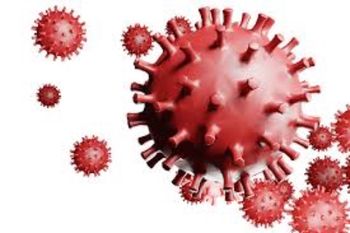
The CDC encourages double-masking if it’s done correctly, meaning with a tight fit. The agency updated the guidance with an eye on worrisome new COVID variants.
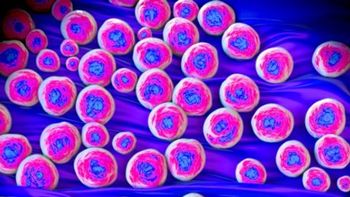
We need to have mandatory reporting of worker and patient acquisition of SARS-CoV-2 and the development of COVID-19 with metrics to provide us the most accurate estimate of cases so we can effectively plan and allocate resources.

Linda Spaulding RN, BC, CIC, CHEC, CHOP: “Now the new challenge is going to be will we get definitive answers that the COVID tests that we’re currently doing will pick this variant up?”
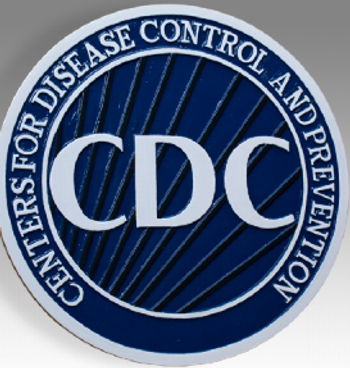
Hospitalizations for COVID-19 dropped by a statistically significant 5.5 percentage points for adults from 18 to 64, compared to the hospitalization rates in the 4 weeks preceding the implementation of the mask mandates.
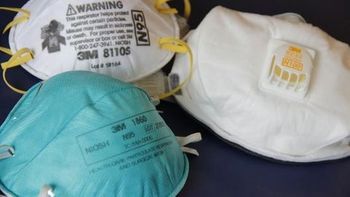
Double-masking can prove more cumbersome for many. If the goal is to protect the mask underneath, perhaps consider a face shield or a strategy for cleaning the mask more frequently.

Ann Marie Pettis, RN, BSN, CIC, FAPIC: “COVID-19 just never seems to let up. And every time you think you might be making a little bit of progress, some new thing comes along, like right now with potential resistance because of mutations. You can never let your guard down.”
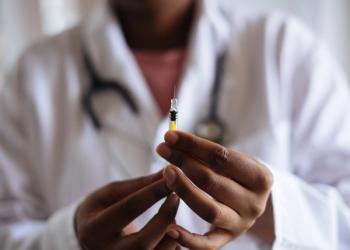
The good news? The fact that 3 different viruses with 3 different lineages came up with the same mutation to evade natural immunity and the vaccines. And initial reports are that it only partially evades the vaccines.

Contact tracing is reactive—the goal is to avoid these close contact exposures in which people are interacting without masks and indoors. Practice makes permanence after all.

“Infection control measures, including surveillance, education, cleaning/disinfection, patient cohorting, isolation, and hand hygiene, effectively contained the outbreak; it was declared over within 2 months.”
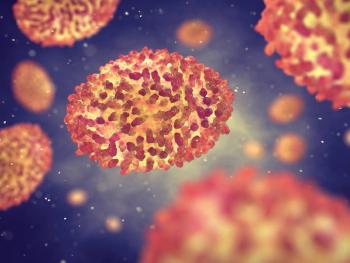
Bug of the Month helps educate readers about existing and emerging pathogens of clinical importance in healthcare facilities today.

Beware the loophole. Many clinics are often classified as office space, not health care buildings, so they do not have adhered to ventilation standards.

Caitlin Stowe MPH, CPH, CIC: “There’s still a lot we don’t know about SARS-CoV-2 and the direct mechanisms of transmission…. It can be aerosolized. However, there is evidence of indirect transmission from surfaces to people.”

Concerning the possibility of a B.1.1.7 COVID-19 surge, Michael Osterholm, PhD, and a member of President Joe Biden’s transition team, does not mince words: “That hurricane’s coming.”

Kevin Kavanagh, MD: “If we keep spreading this virus around, it’s going to slowly devastate both our population and our economy.”

Stethoscope diaphragms are contaminated with the same pathogens as the hands and they are capable of transmitting pathogens from patient to patient. The CDC should readdress its published guidelines.
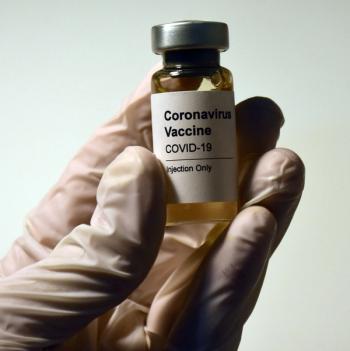
Mary Jean Ricci MSN, RNBC: “[Infection preventionists] really need to think about how we’re getting people from the assessment area to the vaccination area to the evaluation area in a unidirectional flow so that we don’t have the spread of the virus at the time of inoculation.”
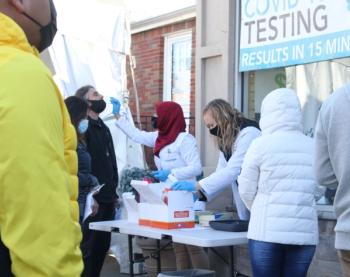
Aside from being more contagious and deadlier, the B.1.1.7 strain of COVID-19 seems to pose a greater threat to children, some experts believe.

The topic of in-person school has been a heated one as the epidemiology around children has been something that’s taken a while to understand.
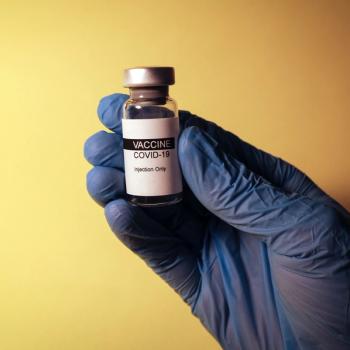
Sharon Ward-Fore, MS, MT(ASCP), CIC: “Infection preventionists need to remind people to be vigilant both in health care and outside of health care. Because we’re not done with this yet. We have a long way to go before we’re fully protected.”
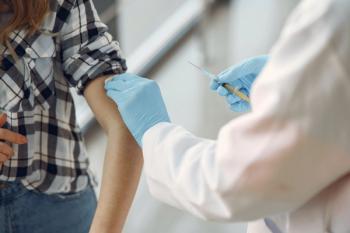
Whether to make getting the COVID vaccine mandatory for health care workers is something that needs to be worked out against a backdrop that sees the recent surge subsiding and states starting to reopen.
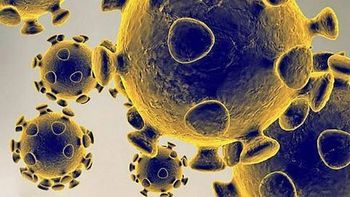
British Prime Minister Boris Johnson said that the B.1.1.7 variant of COVID-19 which was said to be 50% to 70% more contagious, has now been discovered to also be 30% deadlier. The CDC warns it could become the dominant strain in the US by March.
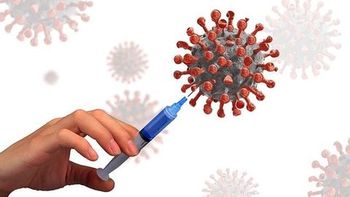
Infection preventionists can coordinate with physicians and other subject matter experts on common areas of vaccine hesitancy among staff, and work with key stakeholders to address them. As vaccine rollouts begin, IPs can also partner with occupational health teams to track and trend compliance with vaccination.

Hand hygiene is always important, but during this pandemic it’s crucial to preventing transmission. Now technology is making it possible for hospitals not only to monitor compliance, but also potential viral exposure.

Too often the tracking of the use and disinfection is done with pen and paper. That's what leads to problems, says Michael Cousin.
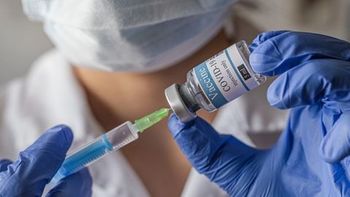
Anthony Harris, MD, MBA, MPH: “There are a number of ways that [infection preventionists] are going to continue to be on the frontlines helping us fully understand the impact of COVID-19 and get to the other side of it.”
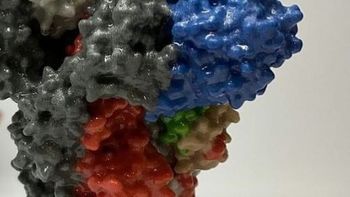
There are pieces of novel variants that we’re still learning about, like the impact to therapies and how these variants might affect what we know about COVID-19, like reinfection.
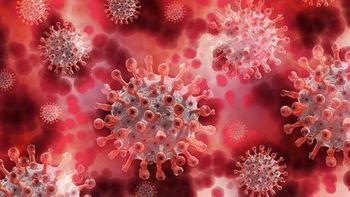
Devin Jopp, EdD, MS: “I think from sports teams to hospitality to construction sites, to many, many more, the infection prevention field will absolutely be bulging.”